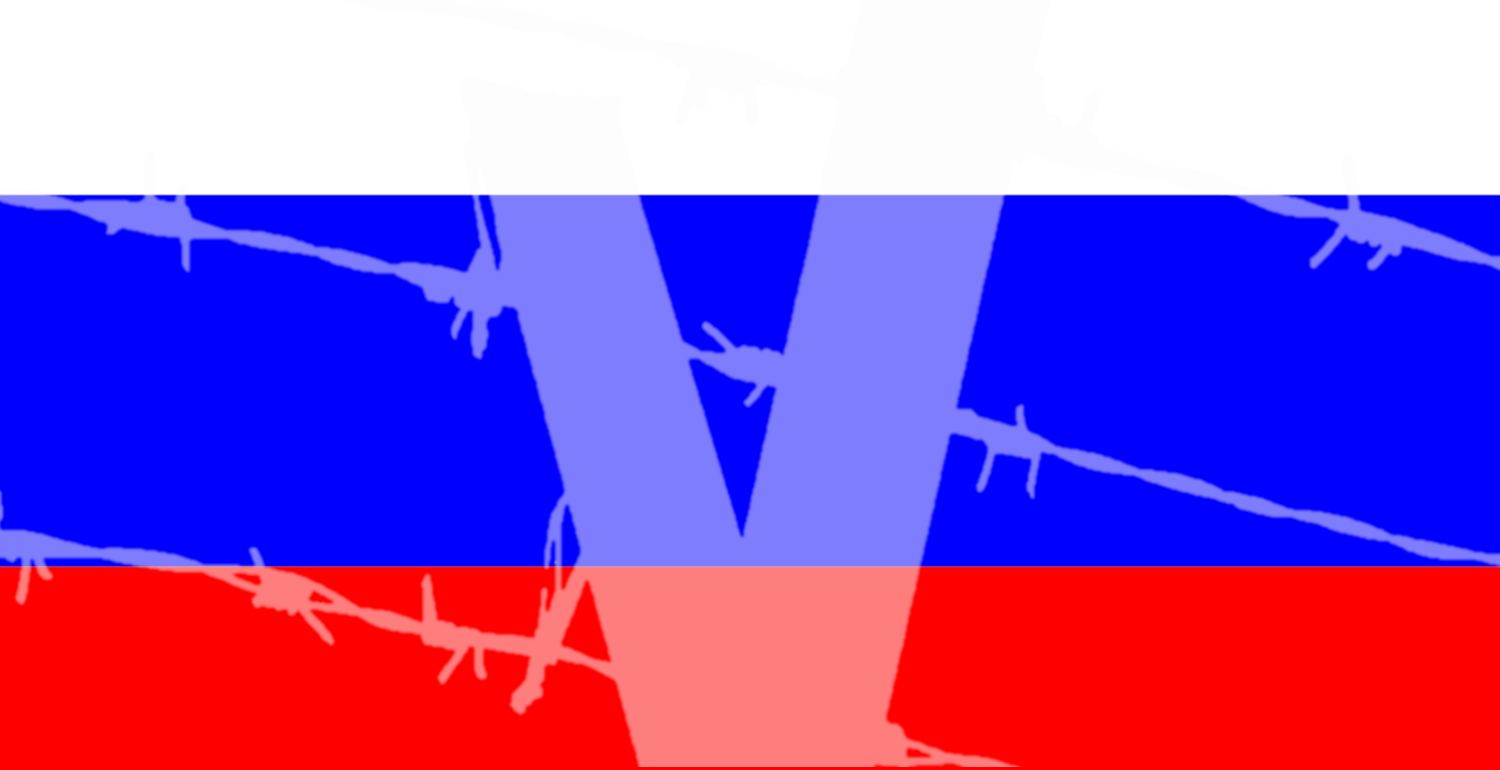Principle VII of the 1975 Helsinki Final Act recognizes the right of individuals to know and act upon their human rights and fundamental freedoms, including freedom of thought, conscience, religion or belief, without distinction as to race, sex, language or religion.
The following individuals who were profiled in the Helsinki Commission’s April 2017 hearing, “Democracy & Human Rights Abuses in Russia: No End in Sight,” illustrate the many cases of political prisoners in Russia today.
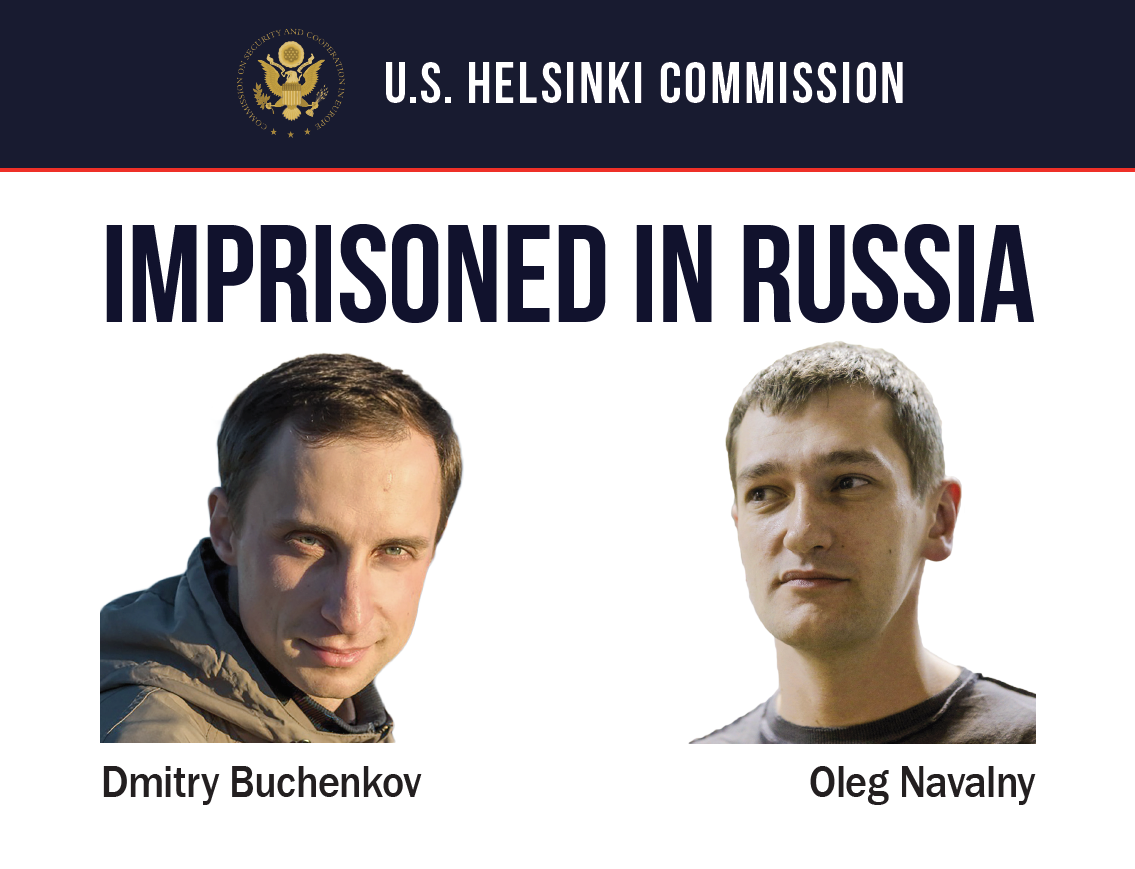
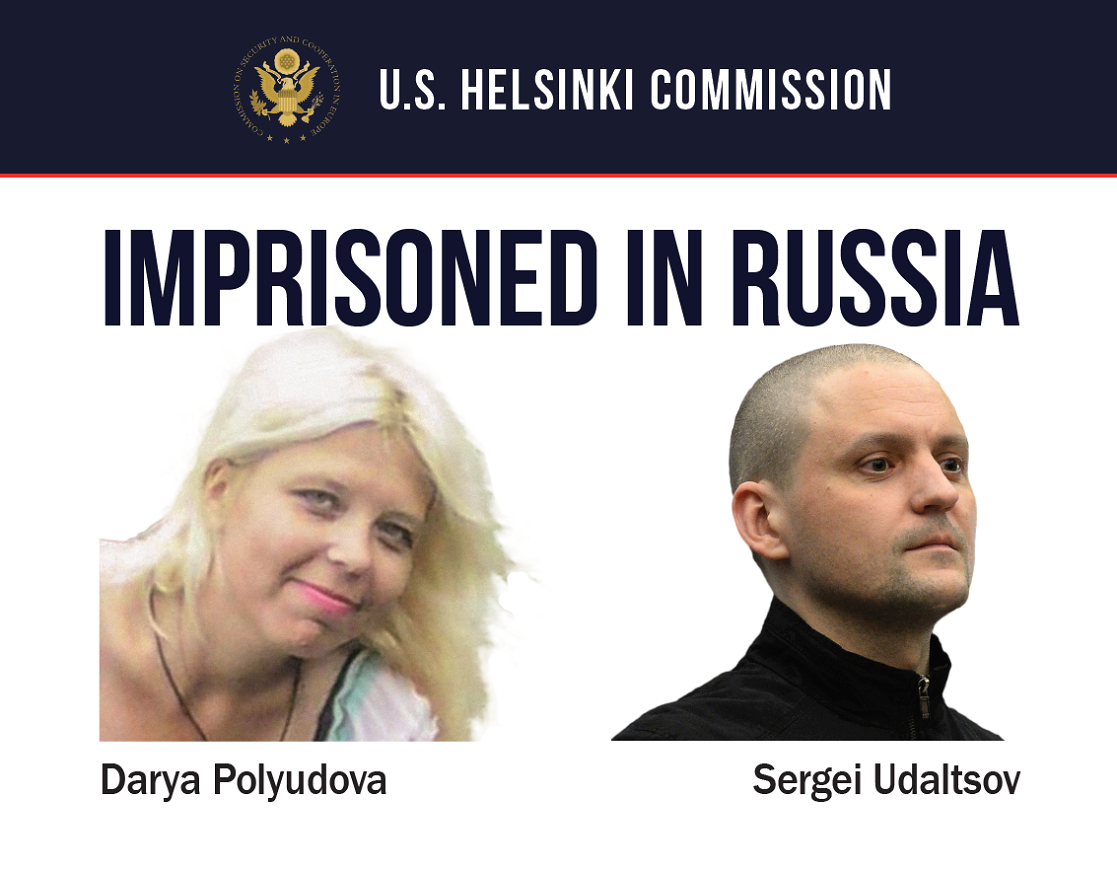
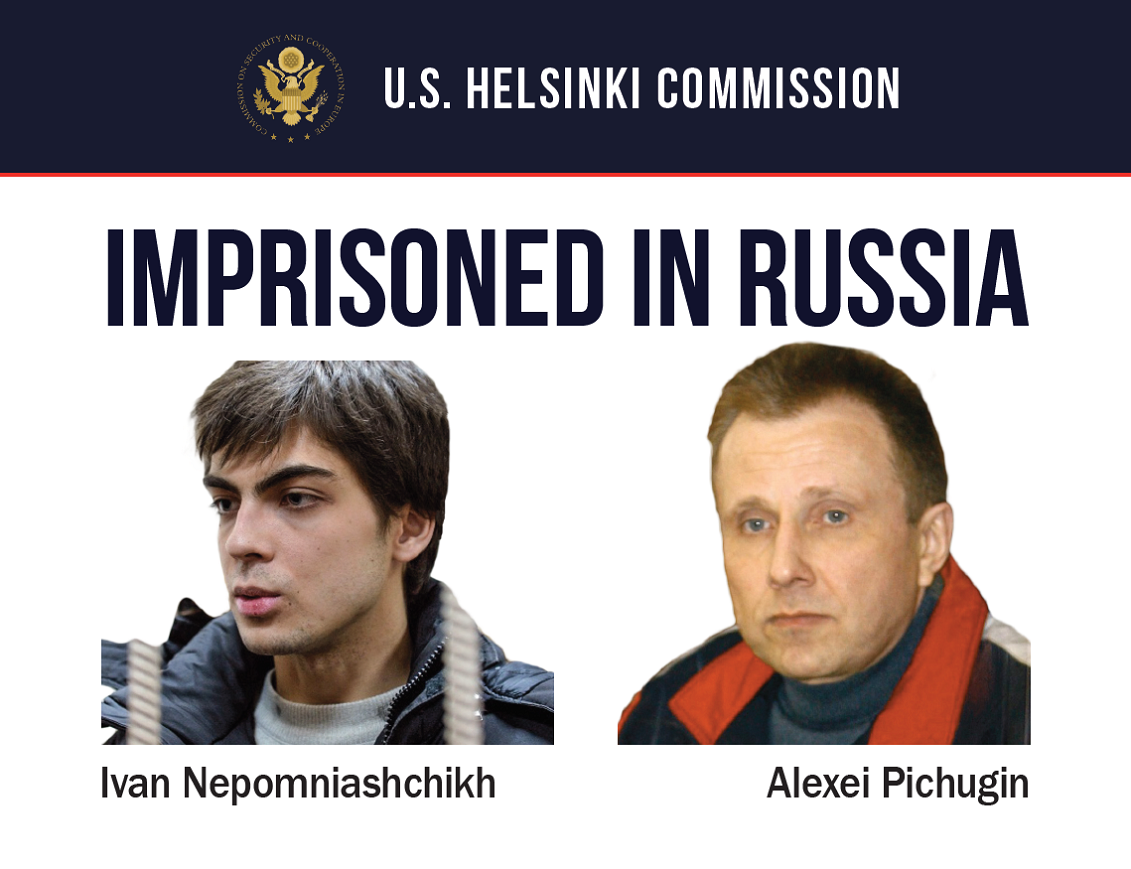
Dmitry Buchenkov – Buchenkov was charged under Article 212 of the Russian criminal code (“participation in mass riots”) and Article 318 (“use of force against a representative of the authority”) for his participation in the 2012 Bolotnaya Square protests against fraud in the 2011 presidential elections. He was arrested in December 2015 and is currently under house arrest. He is recognized by Memorial as a political prisoner not only because the alleged offense did not take place, but also due to the lack of a fair trial and the disproportionate use of pretrial detention in light of the charge against him. His case illustrates the prosecution of individuals for engaging in nonviolent public protest against the government in general and the Bolotnaya Square cases in particular.
Oleg Navalny – Navalny was charged under Article 159 (“swindling on a large scale”), article 159.4 (“swindling on a particularly large scale in the entrepreneurial sphere”), and article 174.1.a (laundering of funds on a large scale acquired by a person through a crime committed by him”). He was sentenced to 3 ½ years in a closed proceeding, Memorial considers him a political prisoner because the alleged offense did not take place and he was not given a fair trial. In reality, Oleg Navalny was targeted because he is the brother of prominent political activist Alexei Navalny. It appears the authorities are unwilling to make a martyr out of Alexei Navalny but seek to exert pressure on him by persecuting his brother. Oleg Navalny’s case illustrates the willingness of the government to target family members as a means of exerting pressure on political activists, which is specifically prohibited under the OSCE 1989 Vienna Concluding Document.
Darya Polyudova – Polyudova was charged under article 280 of the Russian criminal code (“public appeals for extremist activity” and “public appeals for actions aimed at a violation of the territorial integrity of the Russian Federation”) in connection with her participation in preparation for a march that did not take place. In reality, she was indicted for criticizing Moscow online for its support of Russia-backed separatists in Ukraine’s east. She is recognized as a political prisoner because the offense did not take place, her right to a fair trial was violated, and the government disproportionately used pretrial detention given the nature of the charges. She was sentenced to two years in prison, becoming the first person in Russia convicted under a 2014 law criminalizing calls for separatism on the Internet. Her case illustrates the government’s prosecution of Russian nationals who criticize Russia’s actions and policies in Ukraine.
Sergei Udaltsov – Udaltsov was charged under Article 30 of the Russian criminal code (“preparation of actions aimed at organizing mass riots”) and Article 212 (“organization of mass riots”) after participating in the Bolotnaya Square protests. He has been arrested multiple times before for protesting against the government. Memorial recognizes him as a political prisoner on the grounds that he was charged with an offense that did not take place; his right to a fair trial was violated; and the government disproportionately used pretrial detention. He was sentenced to four years and six months in prison.
Ivan Nepomniashchikh – Nepomniashchikh was charged with Article 212 of the Russian criminal code (“participation in mass riots”) and Article 318 (“use of force against a representative of the authority”). He is recognized as a political prisoner on the grounds that he is being prosecuted for exercising his right to freedom of assembly; he is being charged with an offense that did not take place; he was not allowed a fair trial; and the government disproportionately used pretrial detention. He is another example of those being prosecuted for participating in the Bolotnaya Square protests against the 2011 fraud in the presidential election.
Alexei Pichugin – Pichugin was charged under Article 162 of the Russian criminal code (“robbery”) and Article 105 (“murder”). At a closed trial, Pichugin, the former head of internal economic security for the Yukos Company then headed by Mikhail Khodorkovsky, was sentenced to life imprisonment in a special-regime penal colony. He has been in prison since 2003 and is recognized as a political prisoner on the grounds that his prosecution was conducted without a fair trial. The European Court on Human Rights also has held that Pichugin was denied a fair trial.
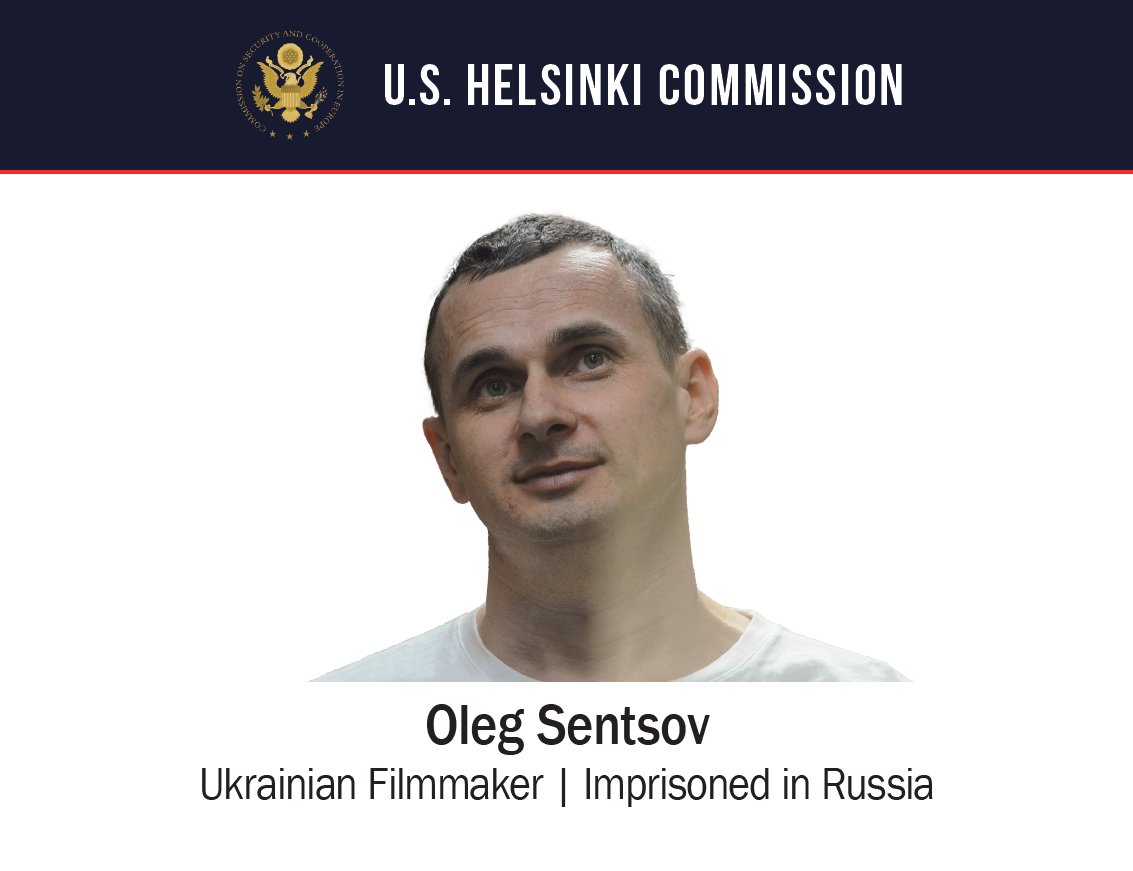
Oleg Sentsov – Senstov is a Ukrainian filmmaker imprisoned in Russia since 2015, and was the focus of a separate Helsinki Commission briefing.
Sentsov was arrested in the Russian-occupied Crimean territory of Ukraine and charged under Article 205.4 of the Russian criminal code (“organization of a terrorist group”), Article 205 (“terrorist act committed by an organized group”), Article 30 in connection with Article 205 (“preparation of a terrorist act”), Article 30 in connection with Article 222 (“attempted illegal acquisition of firearms and explosive devices”), and Article 222 (“illegal acquisition and storage of far arms and explosive devices”). He was accused of planning an attack on a monument to Lenin, a charge he denies. He was sentenced in a Russian military court to 20 years in a strict regime penal colony for terrorism.
Other Illustrative Cases
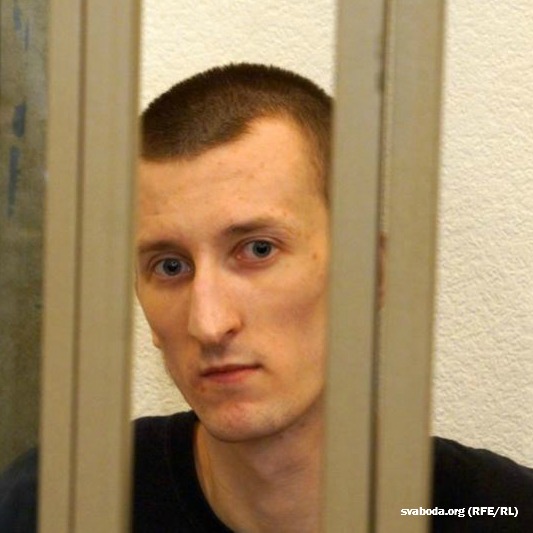 Alexander Kolchenko – Kolchenko, a Crimean activist, was charged under article 205 of Russia’s criminal code (art. 205.4 part 2: “Participation in a terrorist organization,” and art. 205, paragraph “a,” part 2: “A terrorist act conducted by a terrorist group”). He refuted the accusations of terrorism.
Alexander Kolchenko – Kolchenko, a Crimean activist, was charged under article 205 of Russia’s criminal code (art. 205.4 part 2: “Participation in a terrorist organization,” and art. 205, paragraph “a,” part 2: “A terrorist act conducted by a terrorist group”). He refuted the accusations of terrorism.
Mr. Kolchenko was detained in May 2014, in Simferopol, Crimea, shortly after Russia took control over the peninsula. On August 25, 2016, the North Caucasus District Military Court of Russia sentenced Mr. Kolchenko to 10 years of imprisonment in a strict-regime colony.
He is serving his sentence in the Chelyabinsk Oblast, in the city of Kopeysk, a facility notorious for its poor treatment of convicts. Mr. Kolchenko is recognized as a political prisoner by Russia’s Memorial watchdog group.
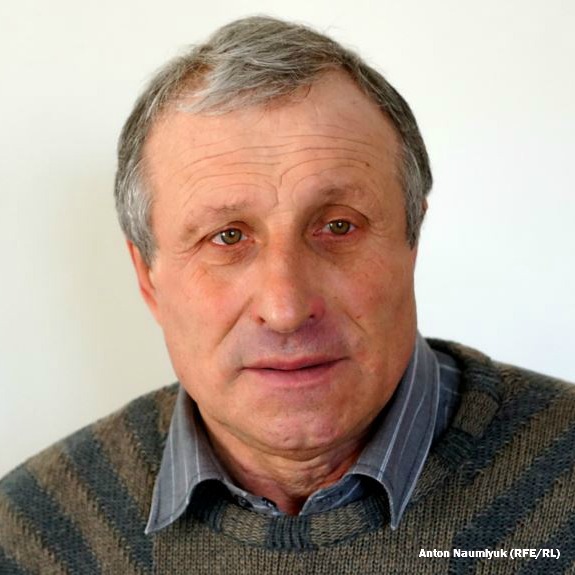 Mykola Semena (under a travel ban) – Semena, a Crimean journalist, has been charged under Article 280.1 of Russia’s criminal code, which penalizes “public calls for actions violating the territorial integrity of the Russian Federation.” The law was added to the Russian criminal code in December 2013, and came into force in May 2014 – several weeks after Crimea was annexed by Russia. Semena was one of the only independent journalists to remain on the peninsula following Russia’s March 2014 annexation of Crimea. He contributed reporting to RFE/RL’s Ukrainian Service and its Crimea Desk. On April 19, 2016, after Russian police searched Semena’s home and confiscated computers and storage media, the de facto Crimean prosecutor-general ordered Semena to remain on the peninsula while he was investigated for alleged “calls to undermine Russia’s territorial integrity via the mass media.” Semena has been forced to stay in Crimea ever since, despite his requests to travel to Kyiv for urgently needed medical care.
Mykola Semena (under a travel ban) – Semena, a Crimean journalist, has been charged under Article 280.1 of Russia’s criminal code, which penalizes “public calls for actions violating the territorial integrity of the Russian Federation.” The law was added to the Russian criminal code in December 2013, and came into force in May 2014 – several weeks after Crimea was annexed by Russia. Semena was one of the only independent journalists to remain on the peninsula following Russia’s March 2014 annexation of Crimea. He contributed reporting to RFE/RL’s Ukrainian Service and its Crimea Desk. On April 19, 2016, after Russian police searched Semena’s home and confiscated computers and storage media, the de facto Crimean prosecutor-general ordered Semena to remain on the peninsula while he was investigated for alleged “calls to undermine Russia’s territorial integrity via the mass media.” Semena has been forced to stay in Crimea ever since, despite his requests to travel to Kyiv for urgently needed medical care.
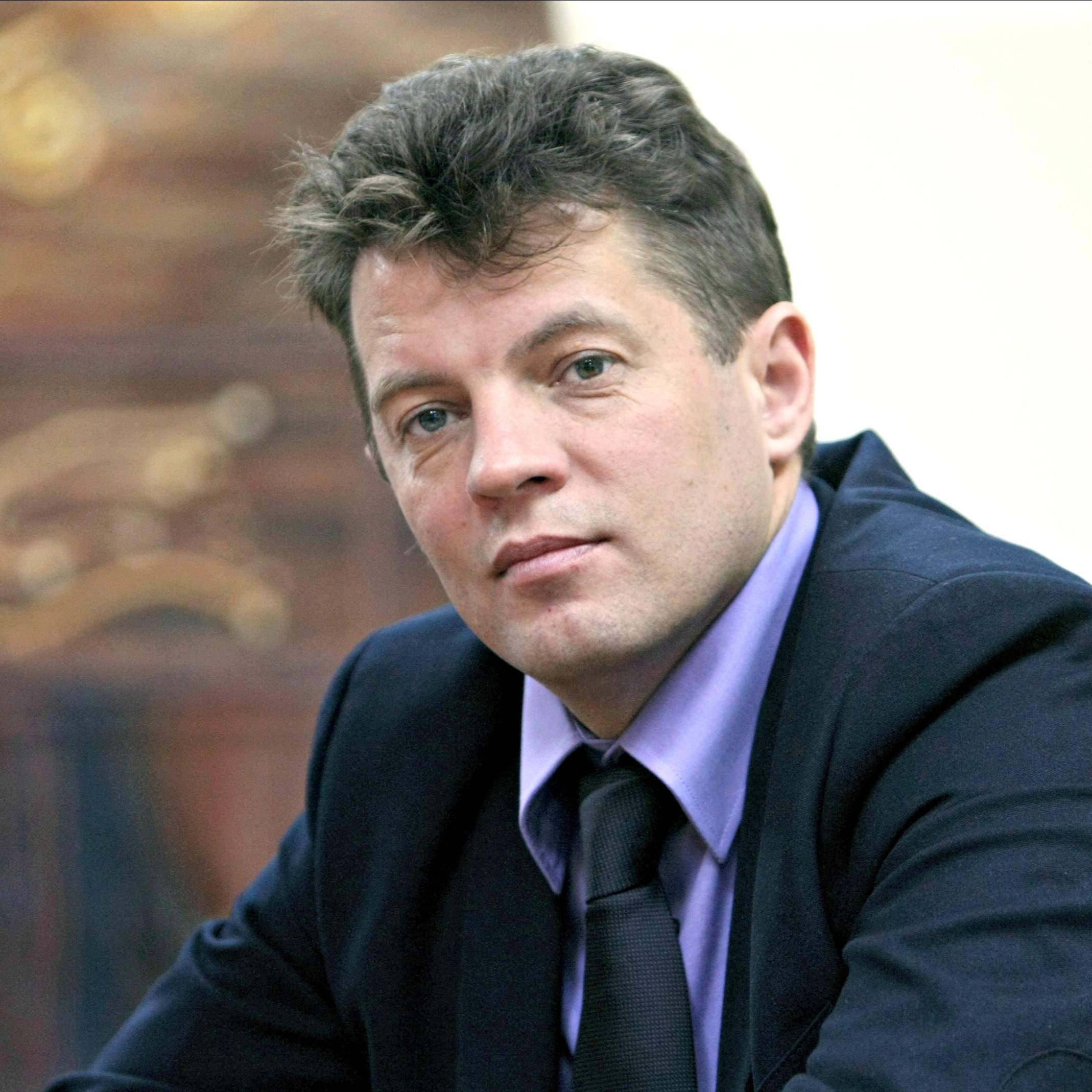 Roman Sushchenko (in pre-trial detention) – Sushchenko, a Ukrainian journalist, is charged under article 276 of Russia’s criminal code (espionage). He has worked as a Paris-based correspondent for Ukraine’s state news agency, Ukrinform, since 2010.
Roman Sushchenko (in pre-trial detention) – Sushchenko, a Ukrainian journalist, is charged under article 276 of Russia’s criminal code (espionage). He has worked as a Paris-based correspondent for Ukraine’s state news agency, Ukrinform, since 2010.
He was detained at a Moscow airport on September 30, 2016, upon his arrival from Paris on private business. He was accused of collecting classified information on the activities of Russia’s armed forces and the National Guard. Mr. Sushchenko denies any involvement in espionage. His employer, Ukrinform, also considers the accusations false and called his detention a “planned provocation.”
Mr. Sushchenko’s attorney is Mark Feygin, who previously represented Pussy Riot and Nadezhda Savchenko.
Memorial, a Russian organization established to report on the crimes of Stalinism, documents cases of political prisoners as well as cases of those persecuted for their faith.This information was compiled by Helsinki Commission staff from Memorial, the U.S. Department of State Country Report on Human Rights Practices, and news sources. The U.S. Commission on International Religious Freedom also tracks cases of individuals imprisoned in connection with their faith.

